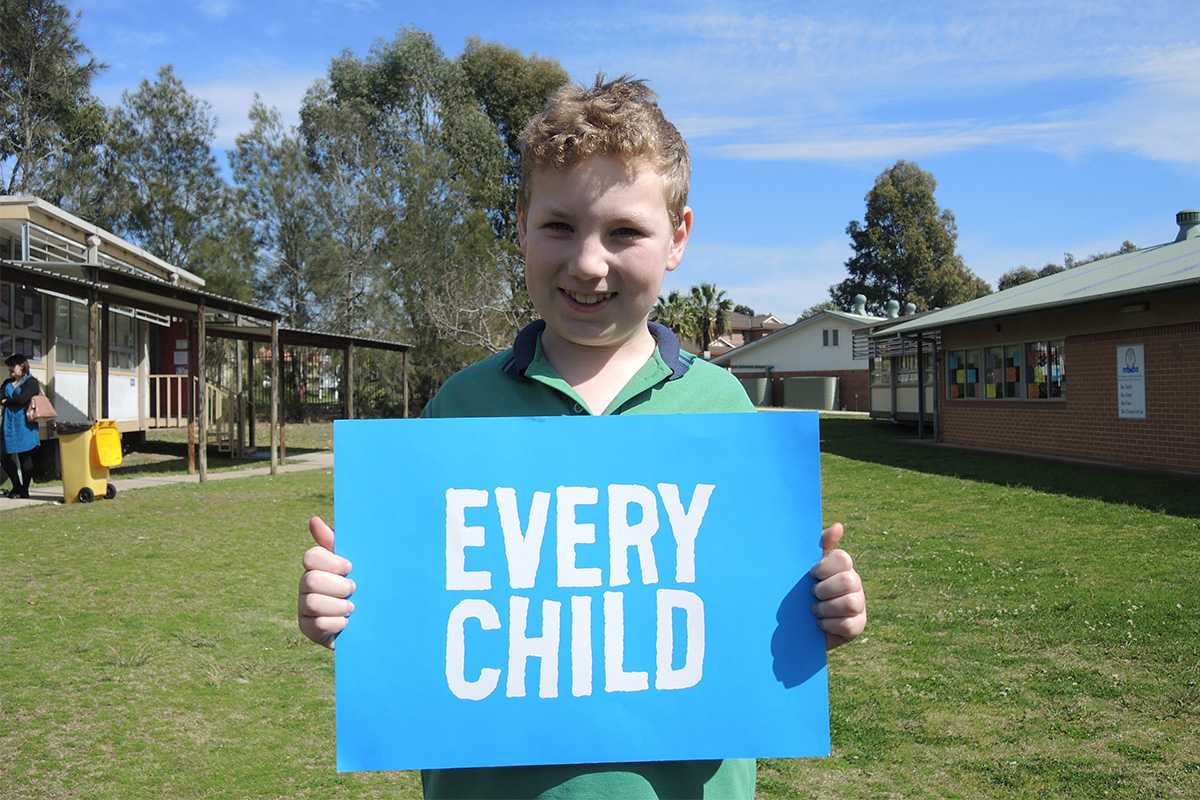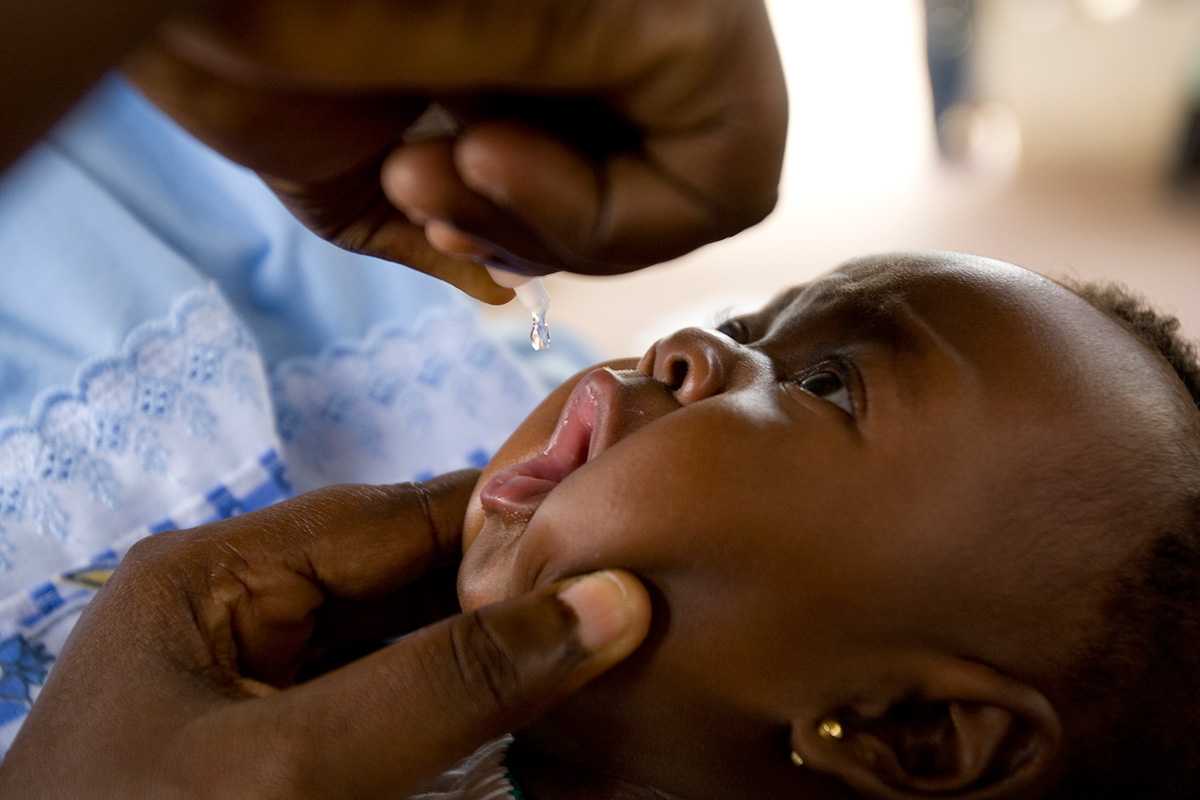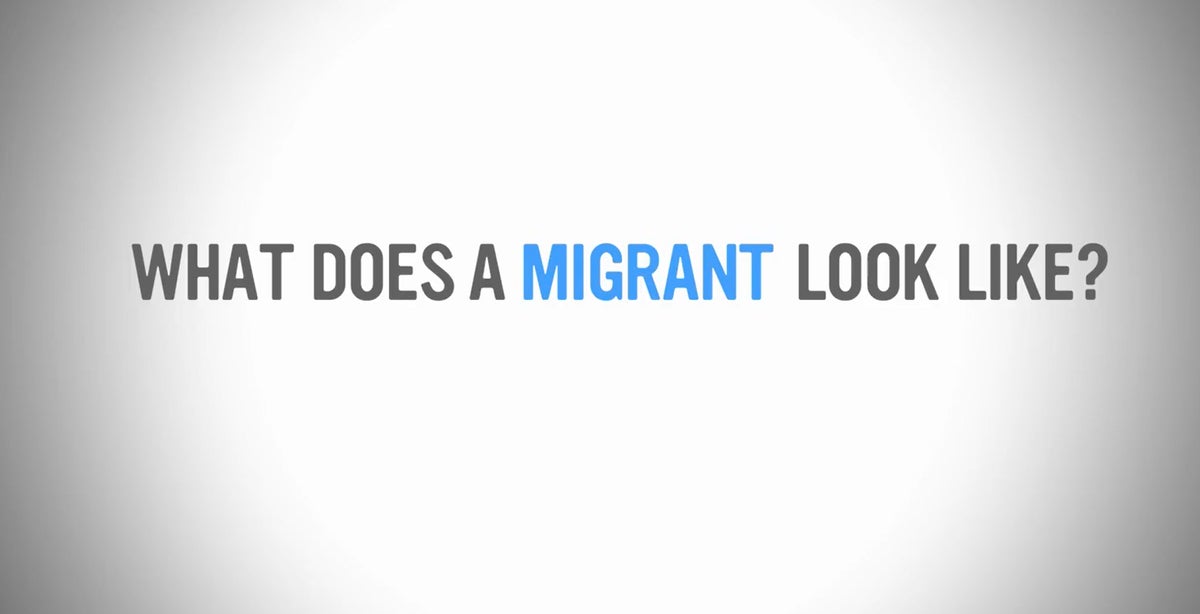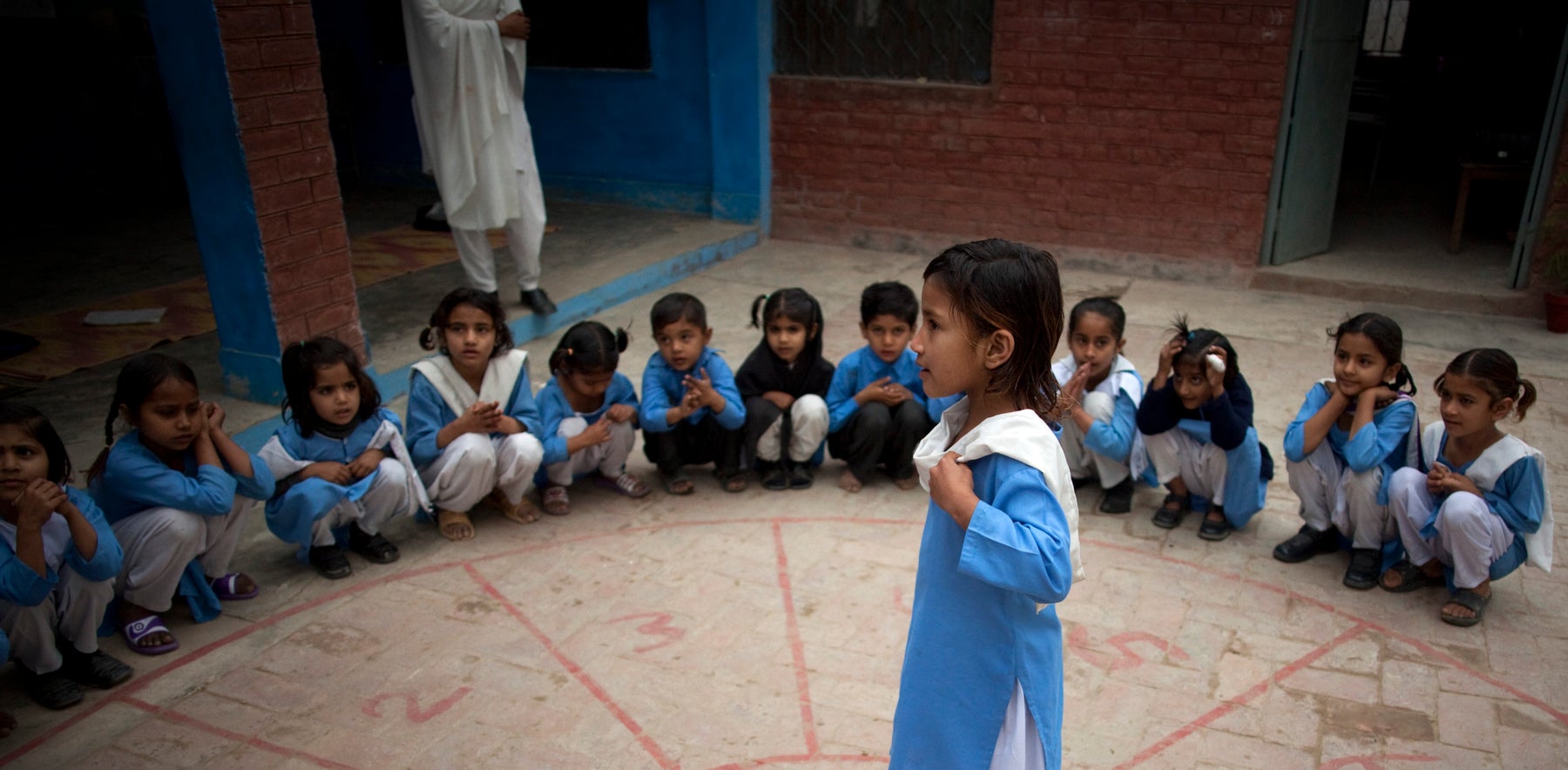It starts with a conversation. Here are eight tips to have an informed and persuasive discussion with your friends, family and colleagues.
1. Start with the basics
There are four principles that guide the UN Convention on the Rights of the Child and also help in guiding our discussions.
- Child rights are for absolutely every child, everywhere, without discrimination, bias or favouritism on any basis. No exceptions.
- The best interests of children must be the main concern in any decisions that affect them.
- Children have the right to live, survive and develop healthily.
- We should always respect children’s opinions.
2. Know the difference between equity and equality
We often think of things being fair when everyone has the same. But actually, that’s not quite right.
Take this illustration. The situation on the left may be equal but it isn’t fair. Fair is when everyone – particularly those facing the most disadvantage – have what they need. That’s equity.

Equity matters because every child deserves a fair chance to survive, develop and reach their potential. These rights are enshrined in the UN Convention for all children, everywhere. It doesn’t matter where they live, what language they speak, whether they are boys or girls, what their religion or culture is, whether they have a disability or whether they are rich or poor.
A child’s opportunities in life shouldn’t be determined by things they can’t control.
The goal isn’t for everyone to be the same. It’s for everyone to have the same chance. We want equity-based policies to eliminate the unfair and avoidable circumstances that deprive children of their rights.
3. Before you talk, listen to children

Children are experts in their own lives and experiences. They have the right to contribute to discussions that affect them and they often have valuable insights that just don’t occur to adults, so take the time to listen.
Ask the children in your life about what’s important to them and what they think about issues affecting young people.
4. Have some key facts up your sleeve
Here are five reasons the world is still a deeply unfair place for the most disadvantaged children:
- One out of two children aged 2–17 years suffer some form of violence each year
- 1 in 5 children are missing out on school
- Nearly half of all deaths in children under 5 are attributable to undernutrition
- 22.7 million children aren’t immunised against deadly diseases
- In the last two years, more than 1 billion children were at risk of falling behind due to school closures aimed at containing the spread of COVID-19.
5. Prove that change is possible

Tremendous progress has shown that we can reduce inequities within and among societies. In recent decades the world has:
- Cut child death rates by half;
- Put over 90 per cent of children in primary school; and
- Given 2.6 billion more people access to safe water.
Inequity is not inevitable.
6. Remember: children aren’t victims and we’re not heroes
Children can take an active role in shaping their own lives and the world around them so try to avoid language that creates distance between ‘us’ and ‘them’.
Our job isn’t to ‘save’ children or ‘give’ them a future. We’re allies who work together. It’s our job to protect and promote children’s rights and to support, strengthen and assist children and their communties in taking their own action.
7. Define children by their potential, not by their hardships
Words matter, so choose language that recognises the inherent value and dignity of children’s lives.
A girl fleeing Syria is so much more than a refugee or victim of trauma; she’s a survivor and she’s a student looking for a chance to learn again.

Children are more than labels.
Children are more than labels. #refugeecrisis #migrantcrisis
8. Talk about real people and real experiences
It’s only human that we relate to stories and faces more than numbers and facts.
If you want someone to be outraged by violence, give them the real words of child survivors.
If you want them to care about education, help them remember the little moments of fun, friendship and discovery that come with learning.
If you want to fight unfair, take every opportunity to share children’s stories with anyone who will listen.
Stay informed
Want inspiring stories, photos and updates in your inbox about once a month?
GET UNICEF UPDATESRelated articles
Stay up-to-date on UNICEF's work in Australia and around the world
















